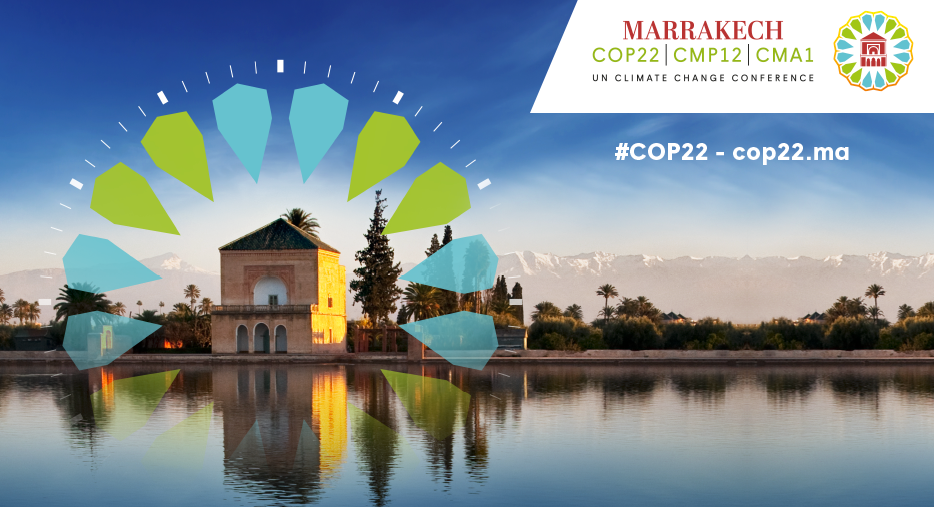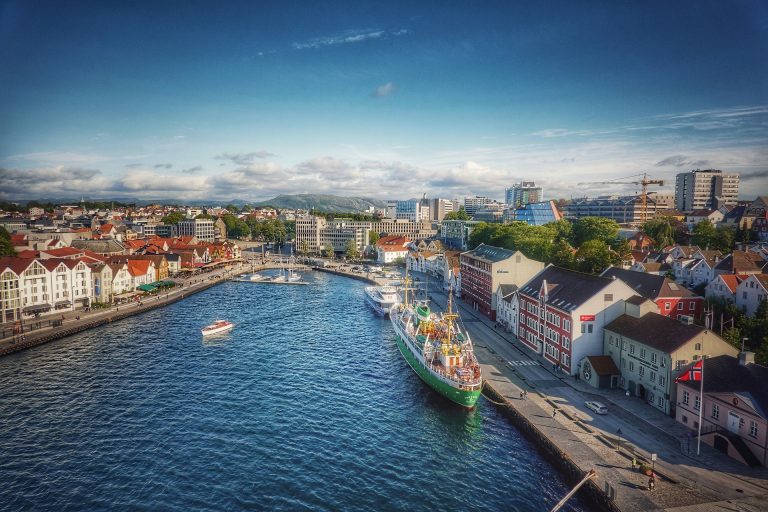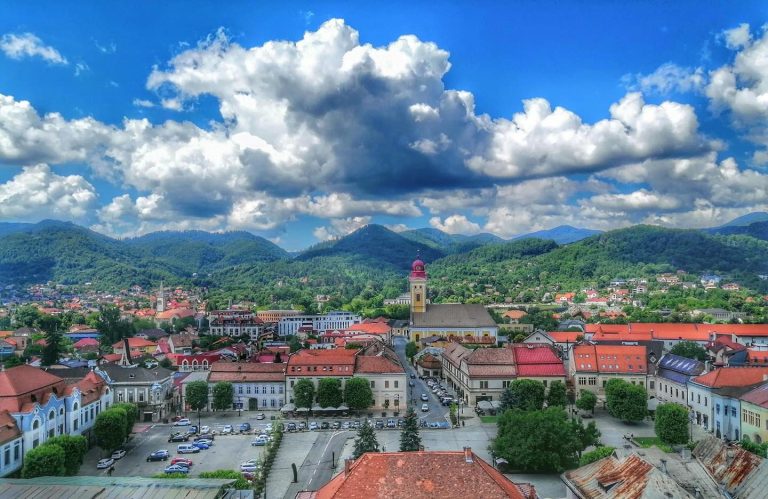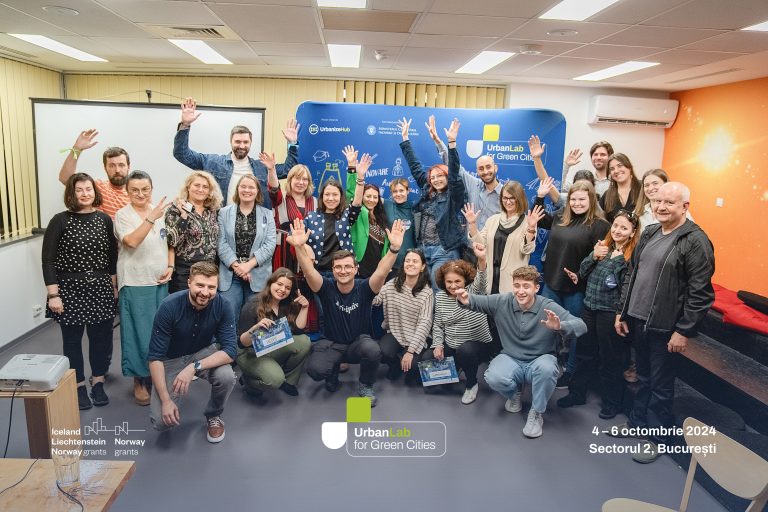The UN Climate Change Conference in Marrakech, Morocco (COP22) is taking place from 7-18 November, and it is being called ‘the implementation COP’. After the historic Paris Agreement on Climate Change was signed at COP21 last December and came into force just a few days before COP22 (on November 4th, 2016), the Marrakech summit is expected to result in solutions as to how to implement the targets set by the Agreement.
We have previously written about how important cities are in reaching Paris targets, and day 3 of COP22 addressed this issue. It was themed ‘Global Climate Action day on Cities and Human Settlements’, and during the dedicated events, speakers emphasised the essential role city governments have in addressing global warming, calling for national governments to support measures taken by local administration in order for countries to achieve their nationally determined contributions (NDCs), agreed upon in Paris.
Local governments are often have a much better ability to evaluate needs and come up with solutions for the problems cities face, and to help them even further, a new assessment tool was presented during at Marrakech which allows for standardized qualitative reporting of adaptation commitments to the Global Covenant of Mayors.
Significant attention was directed towards the building and construction sectors in cities, which account for over 20% of global emissions. To reduce this enormous negative impact, The Global Alliance for Buildings and Constructions launched a new roadmap for buildings during COP22, which focuses on low energy efficient building and climate finance, particularly for developing countries.
New plans were revealed for advancing action to fight climate change in cities through an International Scientific Conference on Climate Change and Cities, which will be held in 2018.
Photo: COP22







